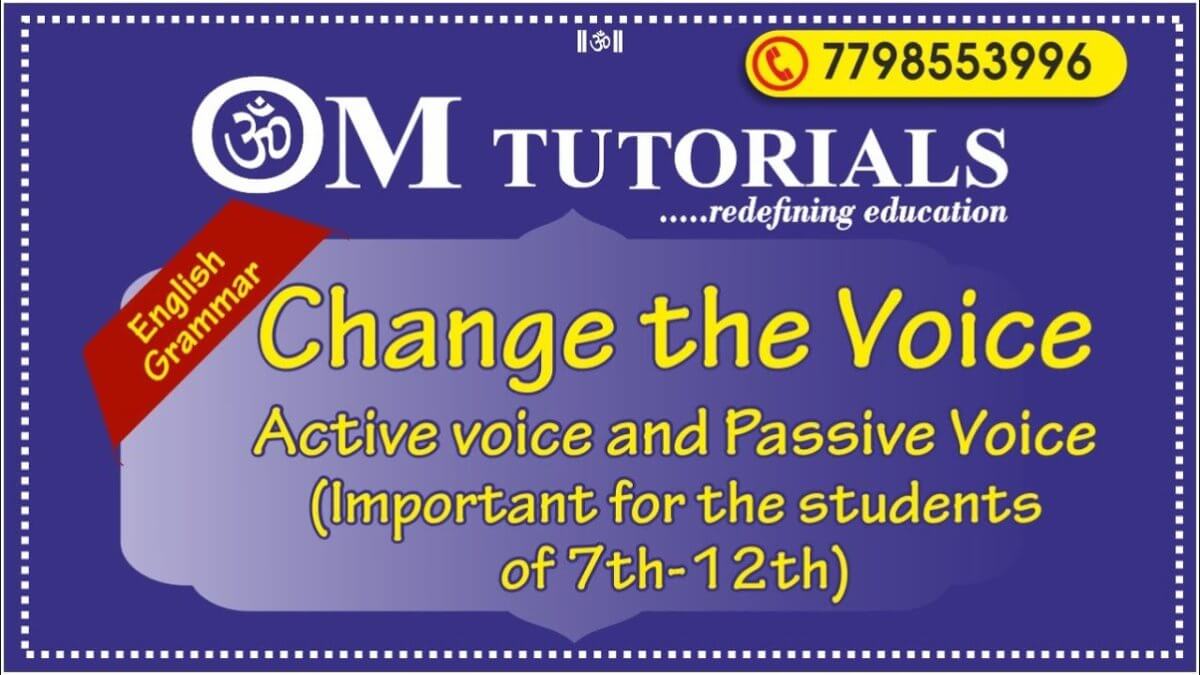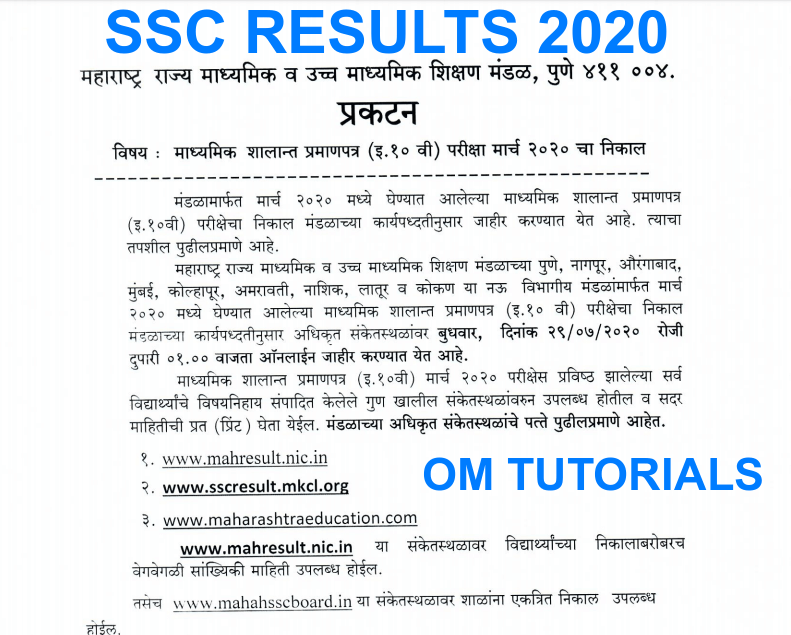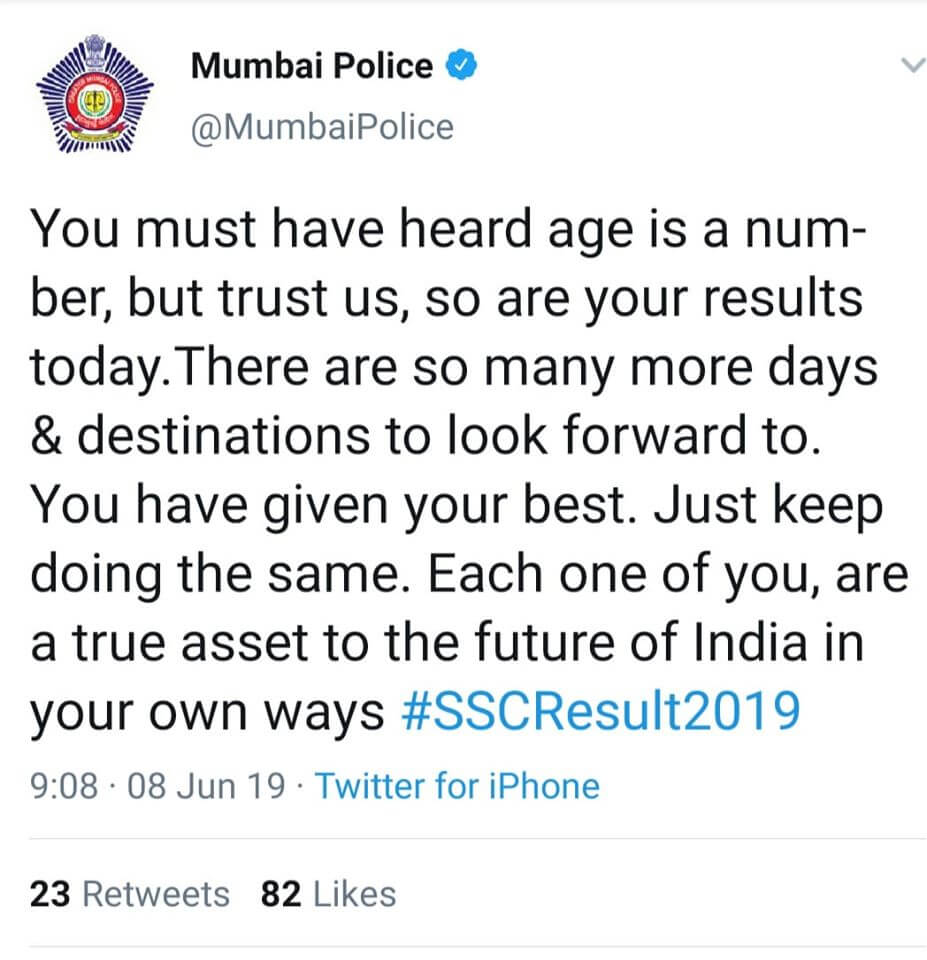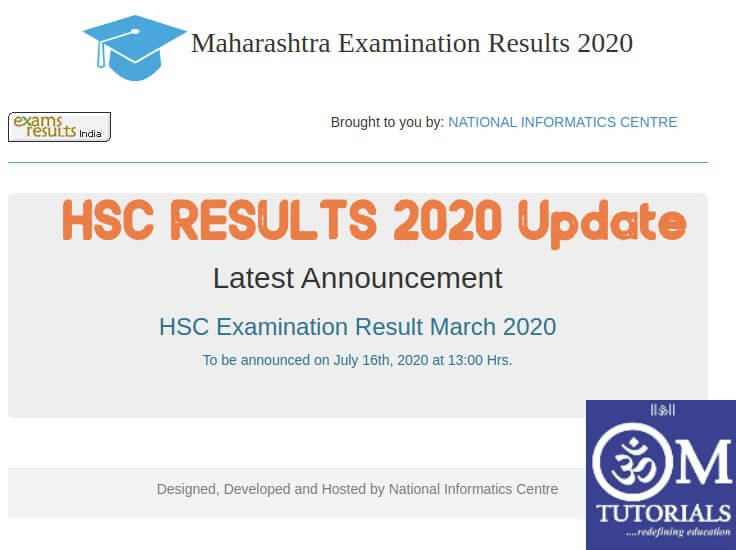Voice is divided into 2 parts : Active voice and Passive Voice.
- Active voice is used when the subject performs the action stated by the verb. In an active voice, the subject comes before the action.
For example, I eat pizza - Passive voice is used when the subject is acted upon by the verb. In a passive voice, the object comes before the action.
For example, Pizza is eaten by me.
Big Questions: How to identify whether the sentence is in the active voice or passive voice?
Simple Answer: If a sentence follows the rules of tense, It is an active voice else it is a passive voice.
There are a total 12 tenses, out of which only 8 can be changed from active voice to passive voice.
Simple Rules to Remember Helping verb while changing the voice.
| Active Voice | Passive Voice |
| Indefinite | Continuous |
| Continuous | HV + Being |
| Perfect | Perfect Continuous |
| Perfect Continuous | No Change |
| Modal Auxiliary verbs(Can, could, may, might, should, would,must) | Verb + be |
Note: Please Note Future continuous tense can not be changed from active voice to passive voice.
So What are the 4 tenses that can not be changed from active voice to passive voice?
Present Perfect Continuous Tense, Past Perfect Continuous Tense, Future Continuous Tense, Future perfect continuous tense.
Format of Active Voice :
Subject + H.V. + Main Verb + Object
Format of Passive Voice:
Object + H.V. + Main Verb(3rd form) + by + Subject
Do watch this video to understand how to change from active voice to passive voice.
Examples:
1. We can do it.
Ans: It can be done by us.
2. Her angry questions still shakes me.
Ans: I am still shaken by her angry questions.
3. Government must make child-friendly policies.
Ans: Child-Friendly policies must be made by the government.
4. Her answer made me angry.
Ans: I was made angry by her answer.
5. I was diagnosed with cancer.
Ans : The doctors diagnosed me with cancer.
6. We saw a tree bare of all leaves.
Ans: A tree bare of all leaves was seen by us.






